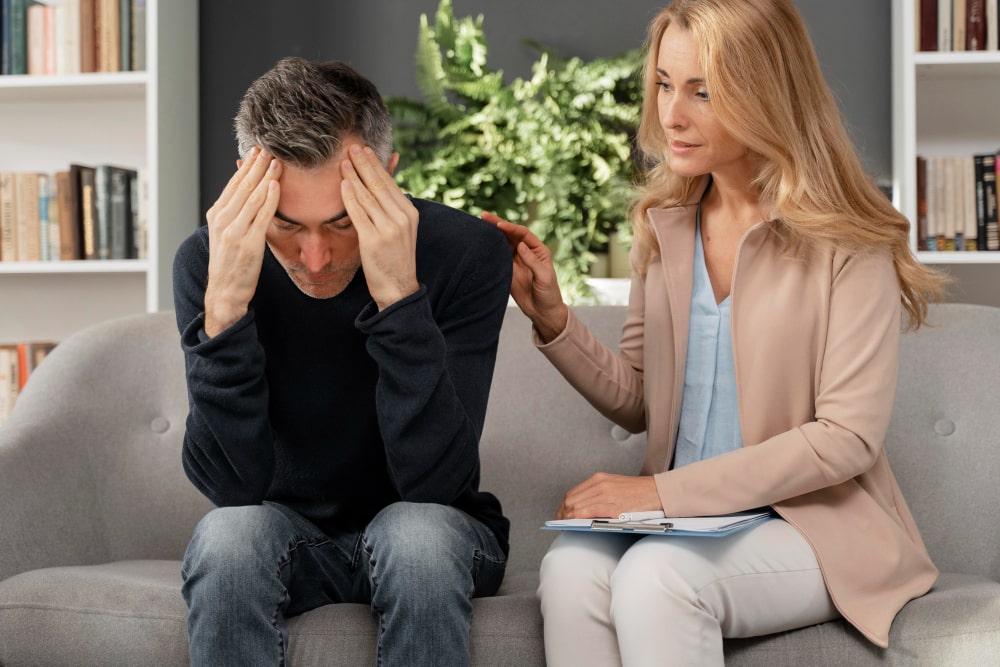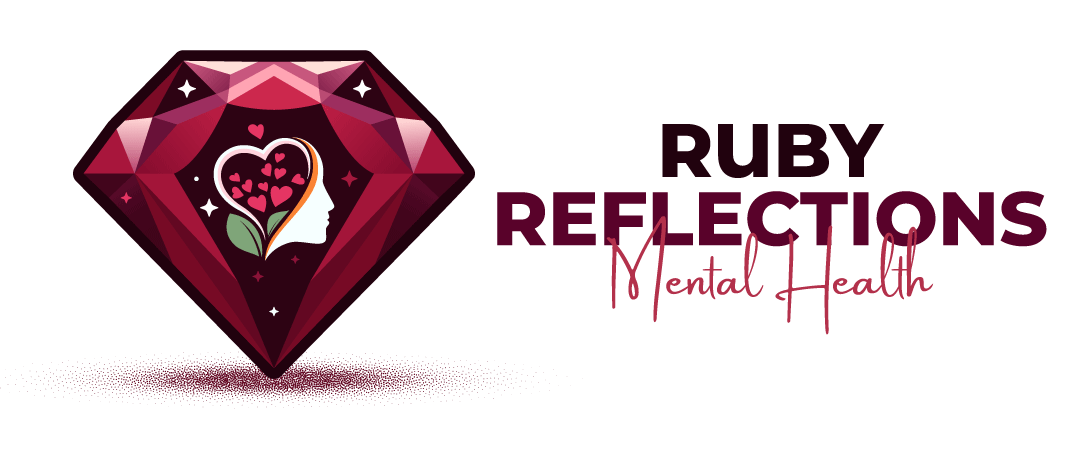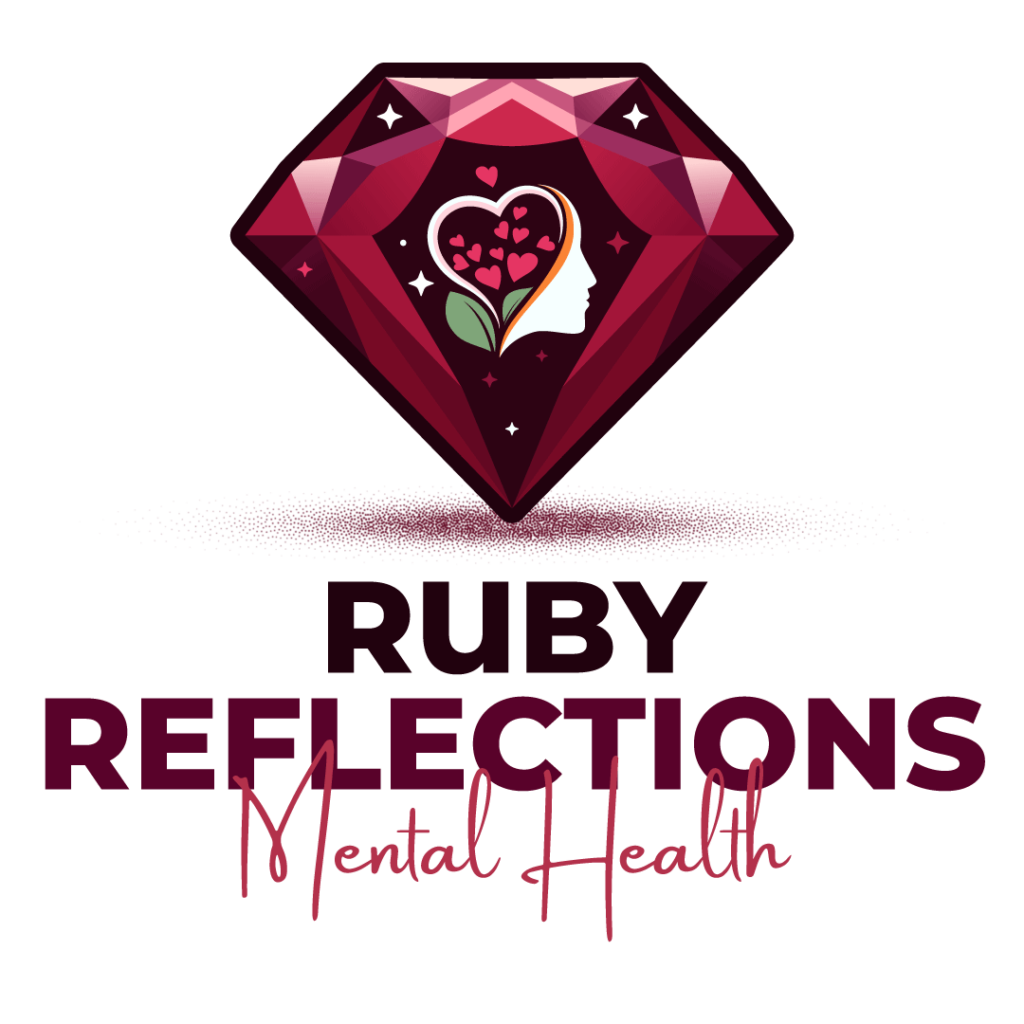Depression
Definition
Depression, also known as major depressive disorder (MDD), is a common and serious mood disorder that negatively affects how you feel, think, and act. It causes persistent feelings of sadness and loss of interest in activities once enjoyed. Depression can lead to a variety of emotional and physical problems and can decrease a person’s ability to function at work and at home.

Symptoms
Depression symptoms can vary from mild to severe and can include:
Persistent Sadness:
Feeling sad or having a depressed mood most of the day, nearly every day.
Loss of Interest or Pleasure:
Markedly diminished interest or pleasure in all, or almost all, activities most of the day.
Weight Changes:
Markedly diminished interest or pleasure in all, or almost all, activities most of the day.
Sleep Disturbances:
Insomnia or sleeping too much.
Fatigue:
Feeling fatigued or having a lack of energy, even for small tasks.
Feelings of Worthlessness or Guilt:
Feeling worthless or excessively guilty, often about trivial matters.
Cognitive Impairments:
Difficulty thinking, concentrating, or making decisions.
Physical Symptoms:
Physical problems such as headaches or stomachaches without a clear physical cause.
Restlessness:
Psychomotor agitation or retardation (feeling slowed down or restless).
Suicidal Thoughts:
Physical problems such as headaches or stomachaches without a clear physical cause.
How We Can Help
Supporting individuals with ADHD involves a combination of strategies tailored to their unique needs. Here are some personalized ways we can help:
Psychoeducation
Providing information about depression to individuals and their families to improve understanding and management of the condition.
Vocational Training
Assisting individuals with job training and support to help them find and maintain employment, which can improve self-esteem and provide a sense of purpose.
Support Groups
Connecting individuals with peer support groups where they can share experiences and gain support from others who understand their condition.
Family Involvement
Involving family members in the treatment process to educate them about depression and teach them how to provide support.
Social Activities
Encouraging participation in social activities to reduce isolation and build a support network
Regular Exercise
Encouraging regular physical activity, which has been shown to improve mood and reduce symptoms of depression.
Healthy Diet
Promoting a balanced diet rich in fruits, vegetables, and whole grains to support overall health and well-being.
Sleep Hygiene
Establishing good sleep habits, such as maintaining a consistent sleep schedule and creating a restful sleep environment.
Routine and Structure
Helping individuals establish a daily routine to provide structure and reduce feelings of overwhelm.
Stress Management
Teaching stress reduction techniques like mindfulness, relaxation exercises, and deep breathing to help manage stress.
Behavioral Therapy
Engaging in cognitive-behavioral therapy (CBT) to develop coping mechanisms, improve focus, and enhance self-control. CBT helps in identifying negative thought patterns and replacing them with positive ones.
Parent Training
Educating parents on effective management techniques such as using positive reinforcement, setting clear expectations, and maintaining a structured environment at home.
Organizational Skills Training
Teaching skills to organize tasks, manage time efficiently, and complete assignments. This includes using planners, checklists, and other organizational tools.
By integrating these strategies, we can provide comprehensive support to individuals with depression, helping them manage their symptoms, improve their quality of life, and achieve their personal goals.
Reach Out
If you're going through a tough time with your mental health and thinking about Depression, please reach out to us.
Many people have found relief and improved their mental health through appropriate Depression.
Don't hesitate to get in touch if you have questions or if you're ready to learn more about Depression as part of your treatment.

Contact
- TX/WA: 469-250-1544
- NY/NJ: 347-378-3144
- info@rubyreflectionsmh.com
- Dallas, TX 75227
- Brooklyn, NY 11249
- Jersey City, NJ 07310
- Seattle, WA 98104
- Monday- Saturday (0800-2100)
- Sunday (closed)
Copyright © 2024 Ruby Reflections. – Psychiatric Evaluation. All Rights Reserved.


